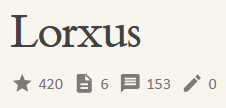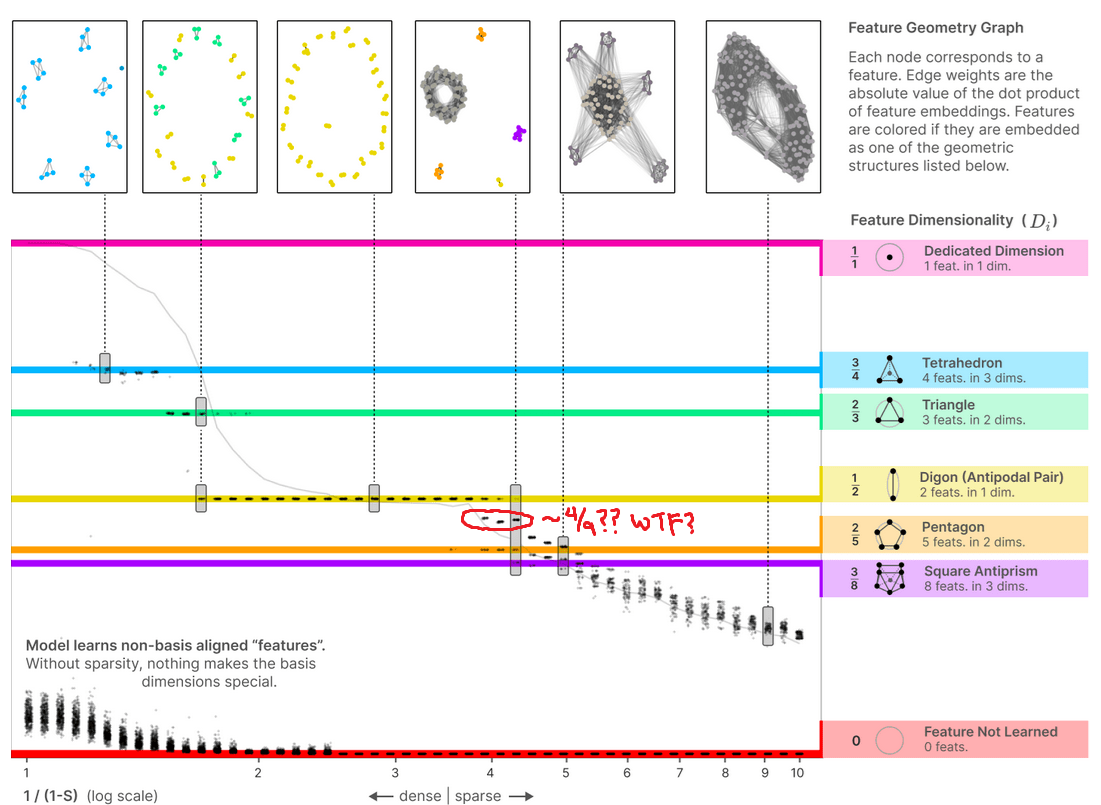Seven-ish Words from My Thought-Language
(With thanks to @TsviBT, @Lucie Philippon, and @johnswentworth for encouragement and feedback, among many.) Seven entries from a dictionary that will never exist, even though it should. The words in [brackets] show up with some frequency in my thoughts, and I struggle with English’s semantic poverty. Some of them show up in other languages, like Korean or Lojban. Others among them, people I’ve spoken to share in wishing were wider-used words. [untranslatable 1: word-clogged/interference-silent] (adj): Of a person or their state of mind. Descriptive of the phenomenon where a person has multiple different things to say about a specific topic, or multiple different responses or reactions to a remark an interlocutor has made, only one of which can be taken. To be tongue-tied not out of a lack of things to say, but out of an overabundance of mutually exclusive things to say, all of equal priority, especially when each thing to say would result in following importantly different conversational paths. Often used instead in its natural verb form, which means “to be silent as a result of [word-clog]”. Also used to describe the related phenomenon of being tongue-tied because of having multiple things to say where some of the things a speaker would like to say would provide vital context for others, such that there isn’t even a natural topological ordering that might resolve the [word-clog] with purely linear speech; this is sometimes more specifically called being [untranslatable 1a: word-tangled, loop-silent]. [untranslatable 2: vanilla-obvious/mathproof-step-canonical] (adj, MAT): Characteristic of or inherent to obvious correct choices and canonical courses of action. Natural or obviously indicated on a tactical or strategic level, to the point that making any other choice is a clear risk, even if for some cases of [vanilla-obviousness] a small one. Examples might include the clear correct thing to say, the obvious right gift to give someone, or a safe and desirable f



Thanks for the yearly update! I have some thoughts on why we care about string diagrams and commutative diagrams so much. (It's not even just "category theory".) I'll poke you later to talk about them in greater depth but for quick commentary:
For string diagrams it's something like "string diagrams are a minimal way to represent both timelike propagation of information and spacelike separation of causal influence". If you want to sketch out some causal graph, string diagrams are the natural best way to do that. From there you start caring about monoidal structure and you're off to the races.
For commutative diagrams the story is different but related, though admittedly I understand what's... (read more)